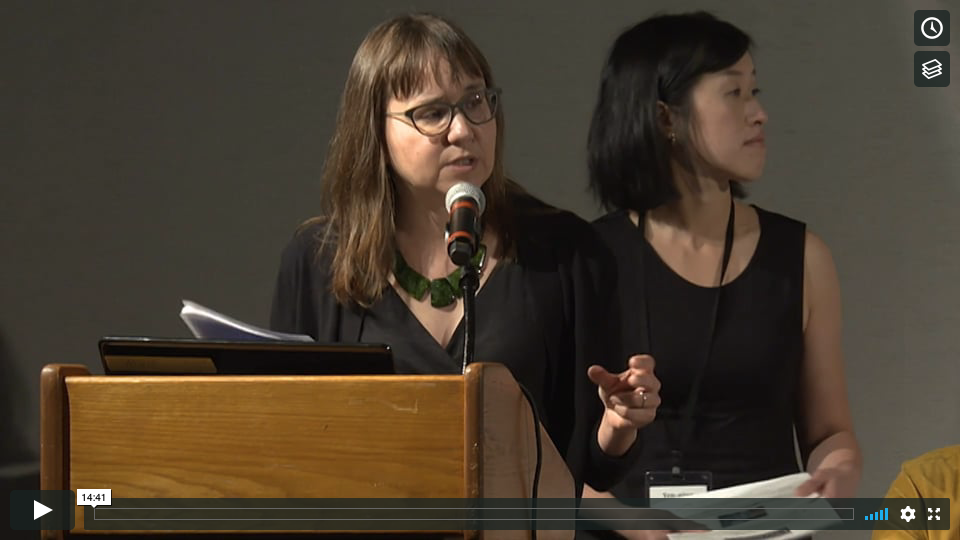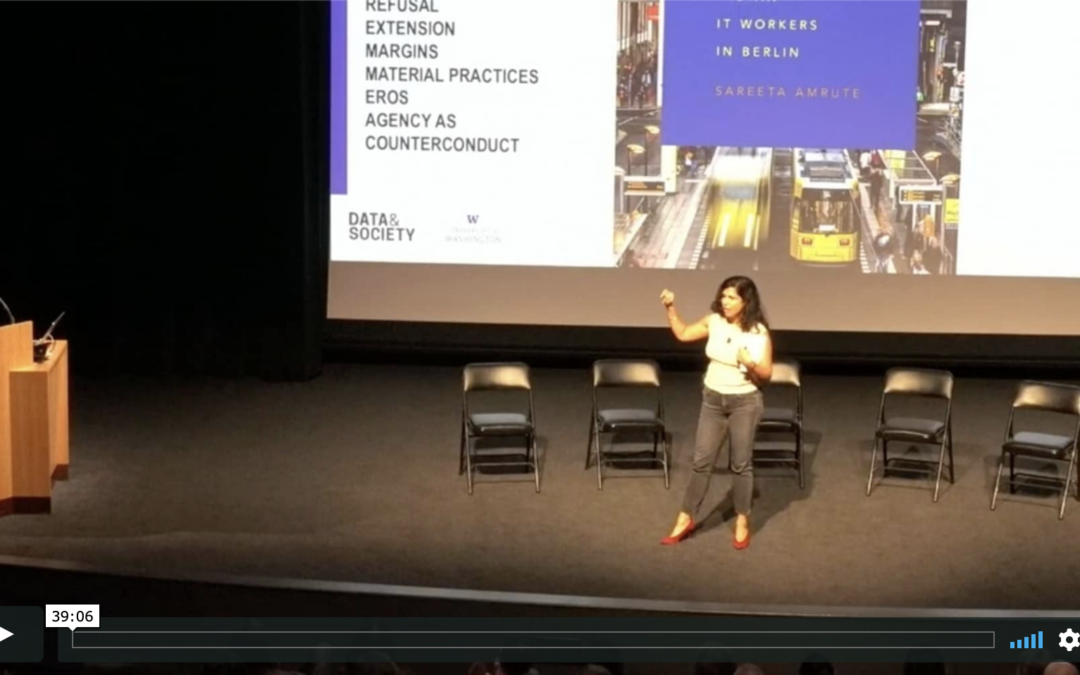Case Study—We consider new expectations for ethnographic observation and sensemaking in the next 20-25 years, as technology industry ethnographers' work unfolds in the increasing presence of the type of analytical capabilities specially trained (and self-training) machines can do ‘better’ and...


